Spinning the yarn of Australia's finest wool
Merino Country: spinning the yarn of Australia’s finest wool
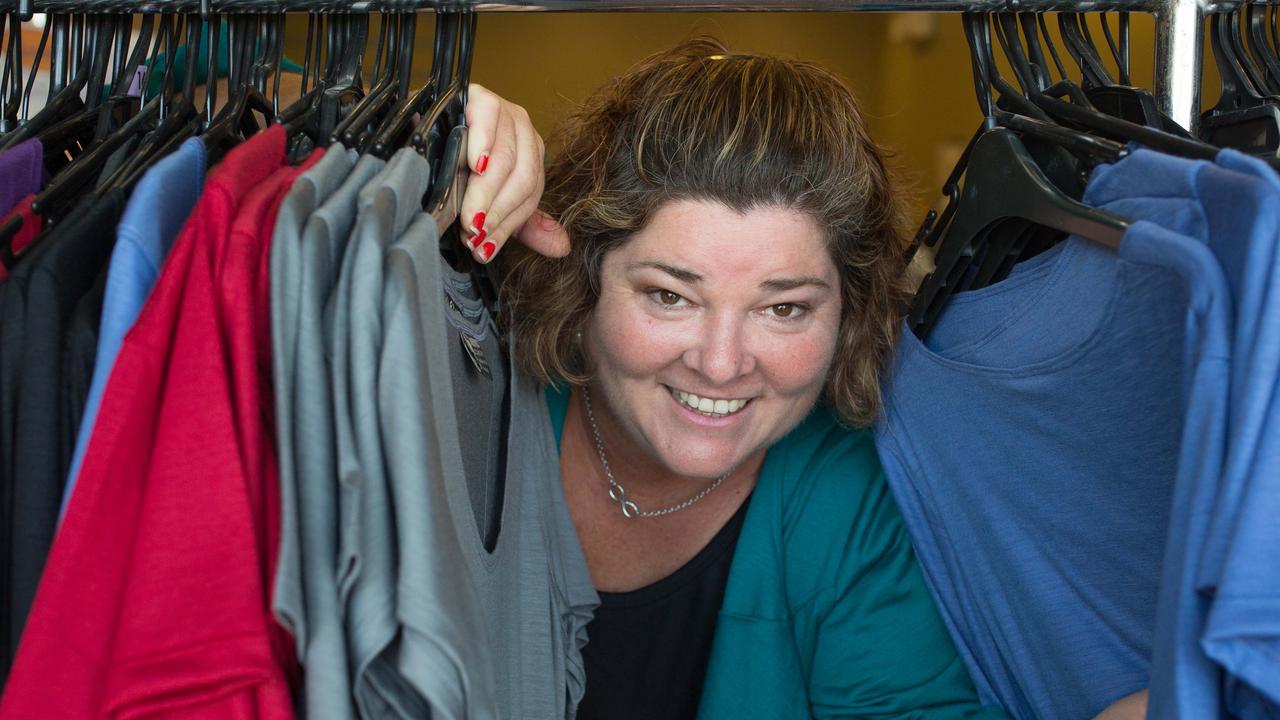
In the years following the infamous wool crash of the early 1990s, mustering up enthusiasm for the industry would have been, understandably, a hard task for some farmers.
But Queensland wool advocate Kerrie Richards saw the fallout from the price crash as a time to rally around the Australian-produced fibre, praising the benefits of Merino wool for consumer and grower alike.
Originally hailing from a sheep and cattle station near Richmond in northwest Queensland, Kerrie founded her company, Merino Country, in 1993, and has subsequently become a champion for the Australian fibre, promoting the provenance of Merino wool here and overseas.
The brand originally used wool from Kerrie’s family farm, but since selling the family stations, it is now sourced from other growers.
“My big push has always been to make Merino clothing available to all people as an everyday product,” Kerrie said.
“At the time, it was seen as a top-end product, something out of people’s reach.”
From founding her original business, Wool Wares Australia, to her current enterprise, Kerrie has dedicated her energy to promoting the many benefits of Australian Merino wool, while proudly advocating for the farmers responsible for clothing a nation and contributing to the community.
She was involved in a Queensland government program in the early 1990s called Future Search, designed to build value-adding and business opportunities, with a focus on tourism, beef, horticulture, water and wool.
“That was an important thing to promote. It wasn’t just about a garment, it was about the whole industry,” Kerrie said.
“We estimate about 110 people are involved in the supply chain to get a T-shirt made, from the wool grower, to the shearers, the truck driver, sorters, and the cleaning of wool.”
Kerrie’s businesses have gone on to secure contracts with groups such as the Defence Forces, and made high quality Merino wool garments accessible to all Australians.
“The best thing is it’s now a product available to everyone,” Kerrie said. “This whole thing with sustainability, made locally, made ethically – it’s what we’ve always done.”


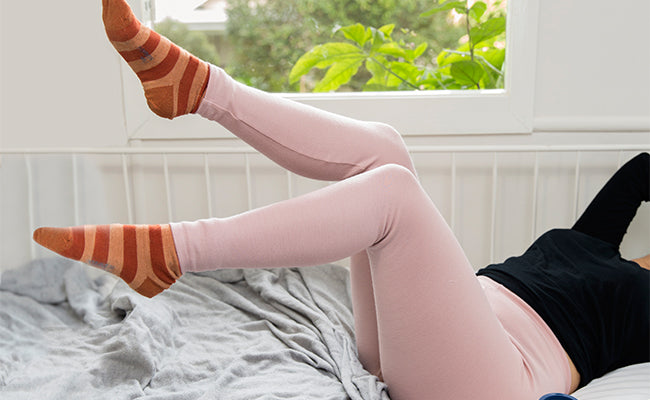
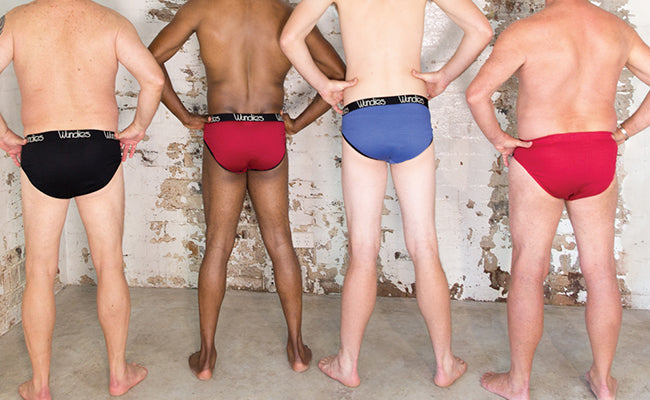
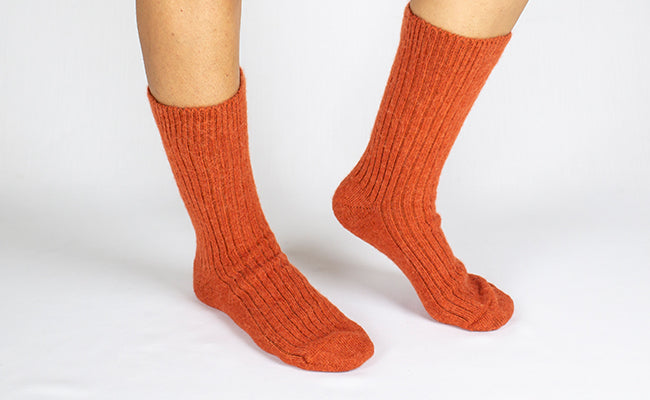
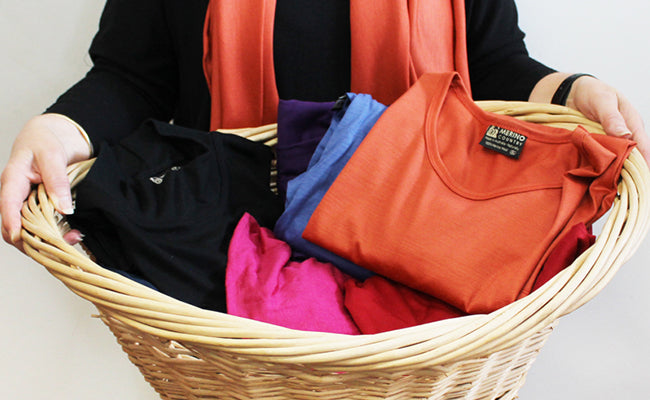

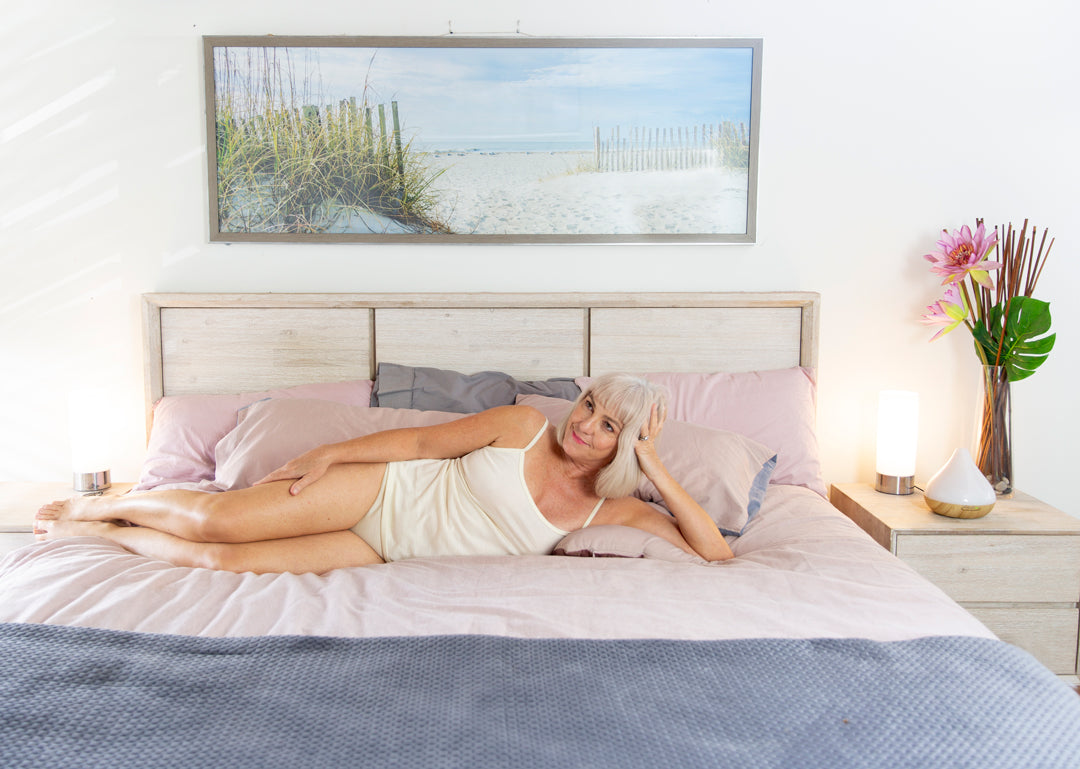
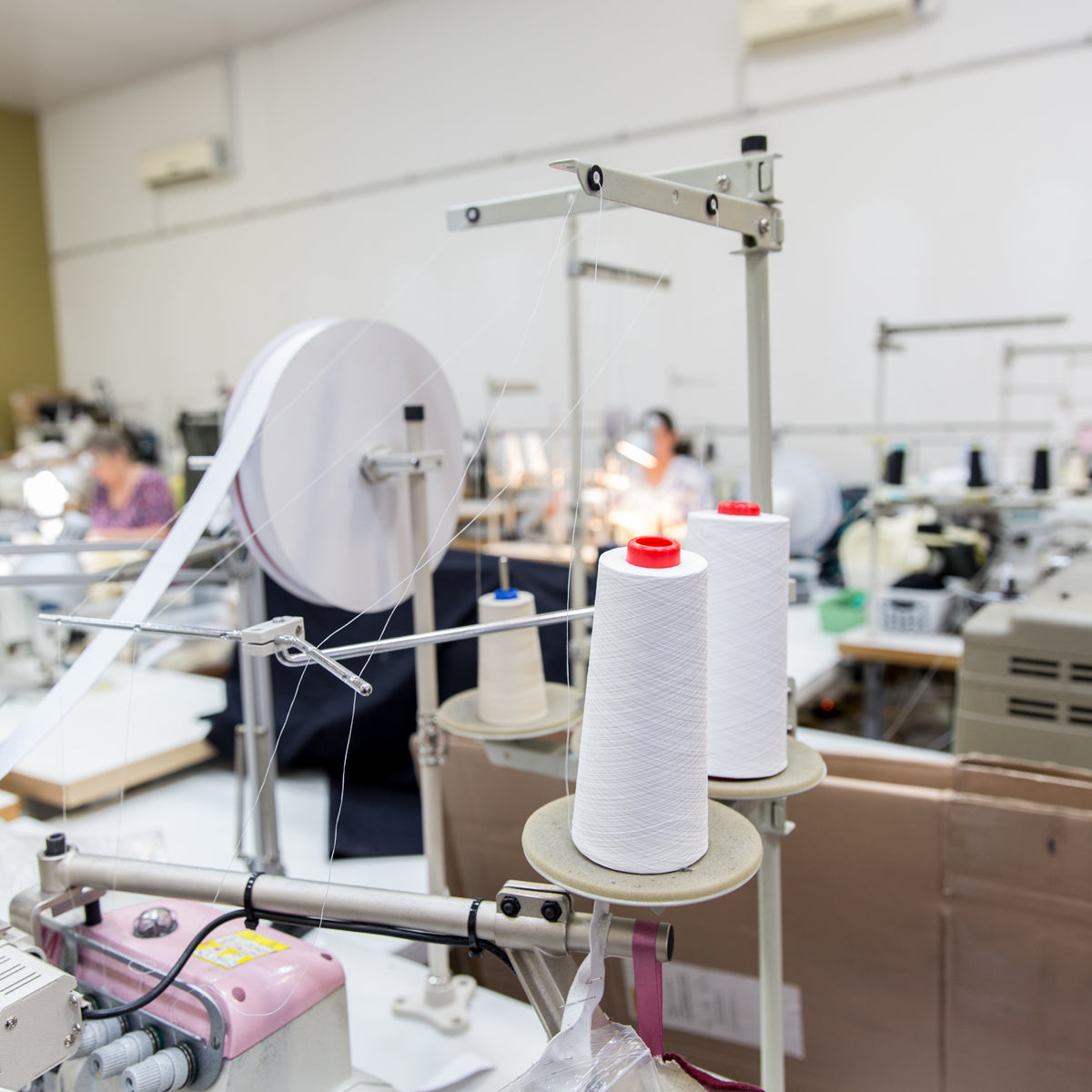
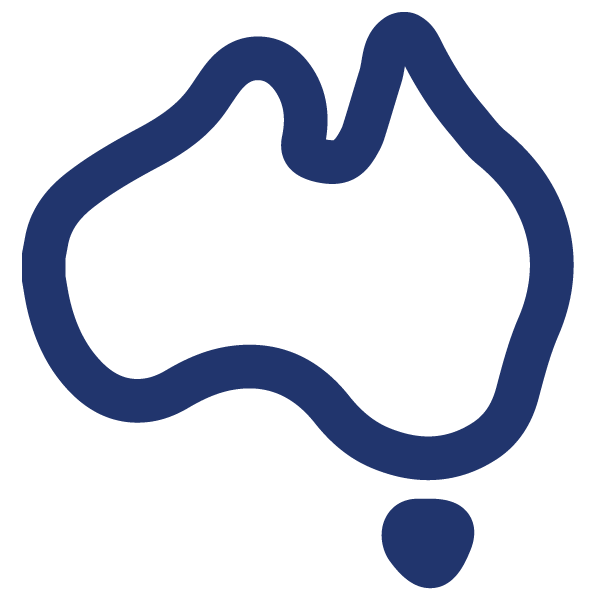


Leave a comment
This site is protected by hCaptcha and the hCaptcha Privacy Policy and Terms of Service apply.